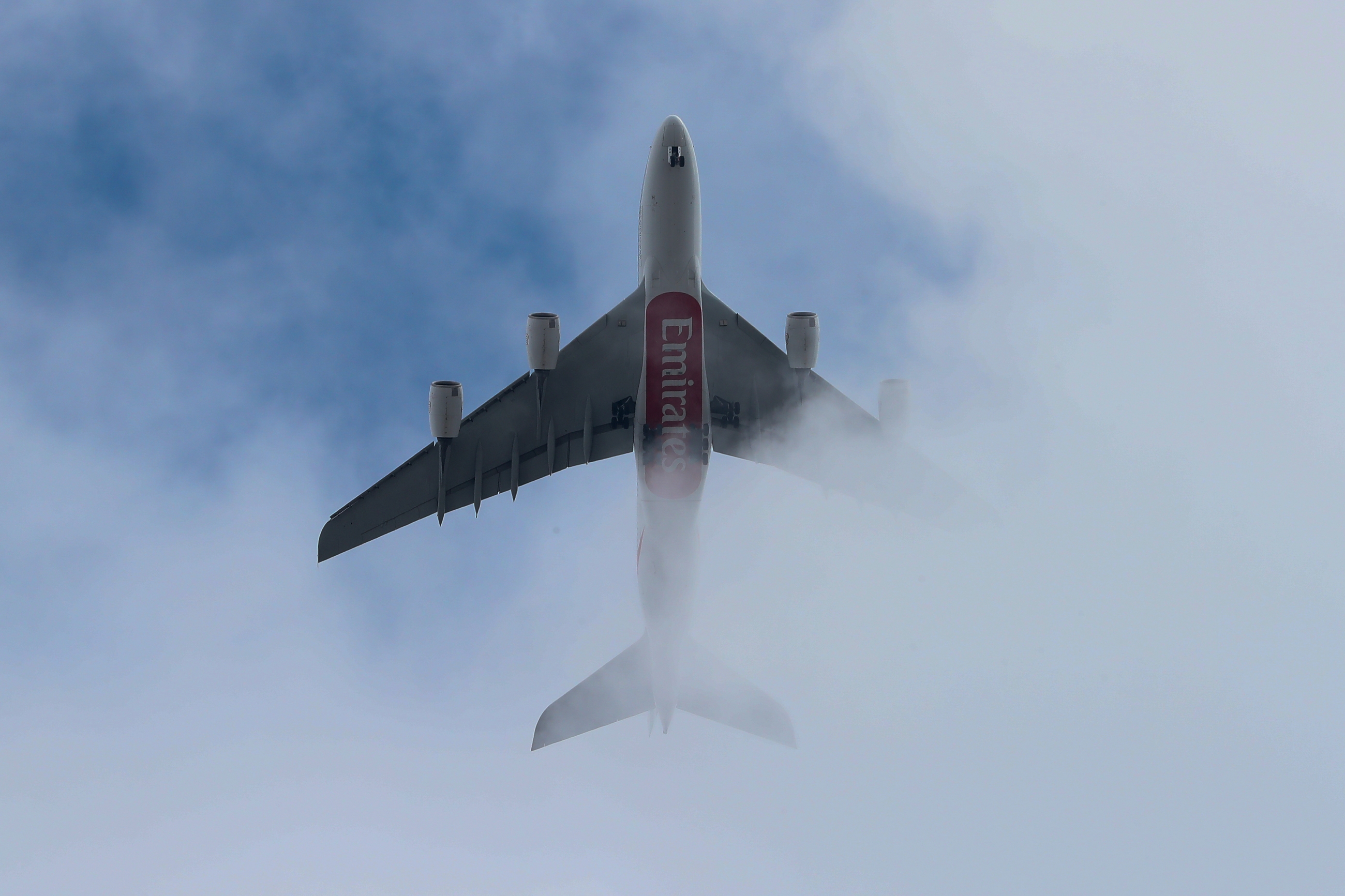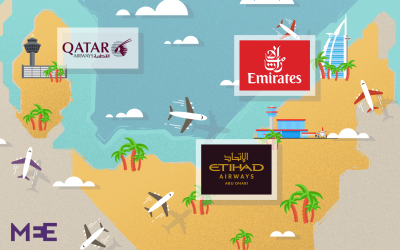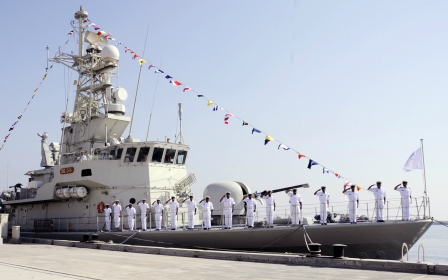Emirates Airlines annual net profits fall by 69 percent

Dubai's flagship airline has posted a 69 percent drop in net profits after what the company described as a "tough" year, amid a stuttering economic climate in the emirate.
Emirates Airlines blamed "higher oil prices and the strengthened US dollar" for the loss, posting $237m in net profits for the financial year ending in March compared to $765m in the previous year.
"2018-19 has been tough, and our performance was not as strong as we would have liked," the chairman and chief executive of Emirates Group, Sheikh Ahmed bin Saeed al-Maktoum, said in a statement.
The airline said that the strengthening of the US dollar against most of the currencies of its key markets eroded $156m from profits.
'2018-19 has been tough, and our performance was not as strong as we would have liked'
- Sheikh Ahmed bin Saeed al-Maktoum, Emirates chairman
Its fuel bill increased by 25 percent to $8.4bn, its biggest ever.
The region's - and one of the world's - biggest carriers said that despite the drop in profits, it invested $3.9 billion last year in new aircraft and equipment, and in acquisitions.
In February, Emirates cut 39 aircraft from its order for the Airbus 380 superjumbo, reducing it to 123 and leading the European manufacturer to scrap production of the world's largest passenger airliner.
The airline invested part of the savings in orders for 40 A330-900s and 30 A350-900s, a deal worth $21.4 billion.
During the year, Emirates received seven A380s and six Boeing 777-300s and phased out 11 aircraft, expanding its fleet to 270 large planes.
The airline said that despite tough competition, its revenues increased by three percent last year to $26.7 billion.
It said that its results were also affected by a drop in global air freight demand and a weak travel market, especially in the Middle East.
Air wars
The fall in profits at Emirates Airlines are another sign of a fiercely competitive regional airline market.
Last year, Etihad, based out of Abu Dhabi, took an $808m write-down after two of its investments, Air Berlin and Alitalia, collapsed in 2017.
The write-down followed two years of serious losses: $1.52bn for 2017 and $1.95bn in 2016.
“In the aviation industry, first mover advantage is very important and Etihad was slightly late to the party,” Tim Coombs, director of Aviation Economics, told MEE.
“They attempted to replicate what was going on down the road [in Dubai, where Emirates is based]. Their starting point was a revenue growth mindset rather than to be profitable.”
Although the World Bank has forecast growth in the UAE to reach 3.2 per cent by 2021, growth in Dubai has been at its slowest since the 2009 debt crisis.
The emirate, which has a diversified economy that focuses on tourism and international business services, has been hurt by a rough patch amid a downturn in its real estate market, according to the Reuters news agency.
*The headline of this article was changed to reflect that Emirates did not post a loss of 69 percent, but saw a reduction in profits of 69 percent.
Middle East Eye propose une couverture et une analyse indépendantes et incomparables du Moyen-Orient, de l’Afrique du Nord et d’autres régions du monde. Pour en savoir plus sur la reprise de ce contenu et les frais qui s’appliquent, veuillez remplir ce formulaire [en anglais]. Pour en savoir plus sur MEE, cliquez ici [en anglais].





